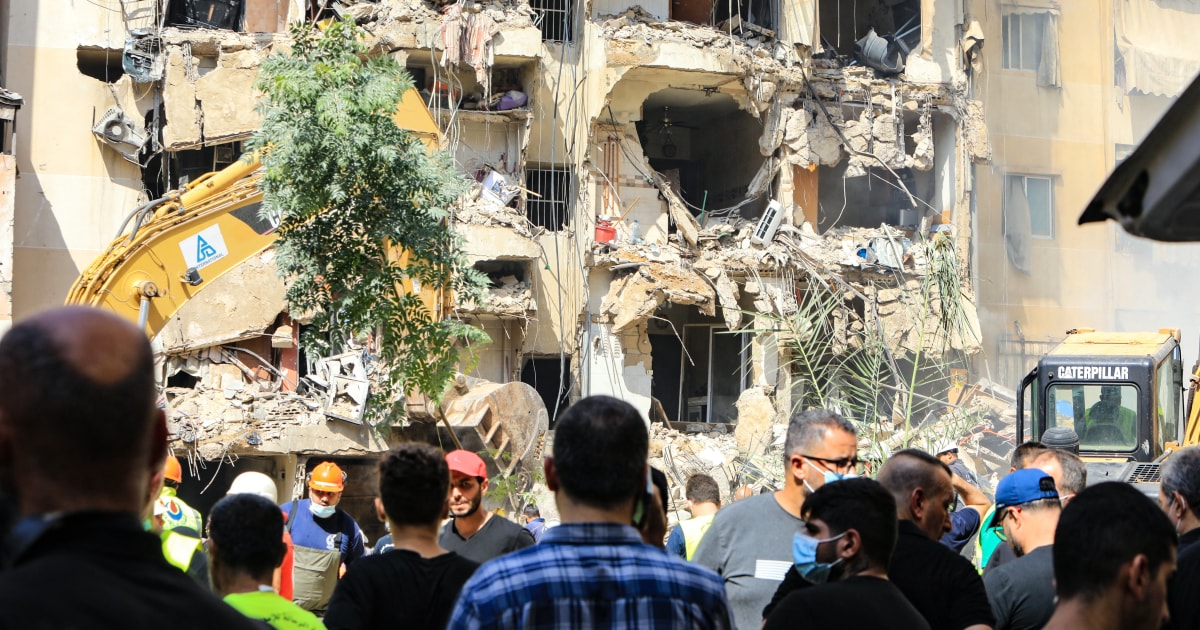


And a senior officer in Iran’s Islamic Revolutionary Guard Corps (IRGC), said the region was on the brink of war.
Calling Israel’s airstrike “another major crime,” Mohsen Rezaee raised the prospect of widening conflict, saying “it is possible that after Lebanon, they may extend their crimes toward Iraq, Syria, or, with an even bigger mistake, toward Iran,” according to a report in Tasnim, a semi-official news agency believed to be close to the IRGC.
The United Nations warned Friday that the situation in the Middle East could be about to get worse.
“If things continue as they are, we risk seeing a conflagration that could dwarf even the devastation and suffering witnessed so far,” the U.N.’s political affairs chief, Rosemary DiCarlo, told an emergency security council meeting, adding “It’s not too late to avoid such folly. There is still room for diplomacy, which must be used without delay.”
While Israel signaled its focus had shifted north, its assault on Gaza continued.
Israel said its air force had “conducted a precise strike on terrorists who were operating inside a Hamas command and control center” at a former school in Gaza City.
Gaza’s health ministry said 22 people were killed and 30 wounded, largely women and children, in the strike on a site local officials said was used as a shelter by thousands of displaced people.
While Lebanon was left to confront the aftermath of the device attacks, officials from Asia to Europe probed how they made their way into the hands of Hezbollah.
The Hungarian government said Saturday that the country’s intelligence services had conducted several interviews with the CEO of BAC Consulting, a Budapest-based company linked to the pagers.
Taiwan-based Gold Apollo, whose logo was on the pagers, said earlier this week that the devices were made by the Hungarian firm. The company’s chief executive, Cristiana Bársony-Arcidiacono, confirmed to NBC News earlier this week that her company worked with Gold Apollo, but said “I am just the intermediate.”
Hungarian intelligence agencies have interviewed Barsony-Arcidiacono several times, the government’s international press office said in a statement, according to Reuters.
And in Japan, Icom, the brand whose label was on the walkie-talkies that exploded, said it did not believe they were genuine products, pointing to the lack of holographic stickers on the devices.
In a statement Friday, the company said it believed “that it is extremely unlikely that the radio that exploded was manufactured by our company.”
The company added “we are saddened that radios/communication devices, which should be a tool for ensuring safety and peace of mind, have been used in this way, regardless of whether they are manufactured by our company or not.”